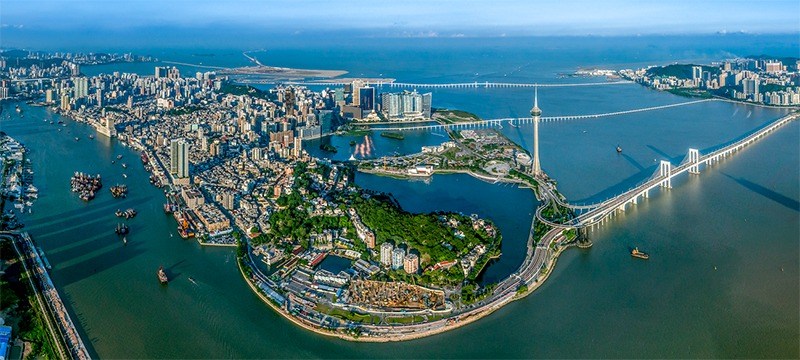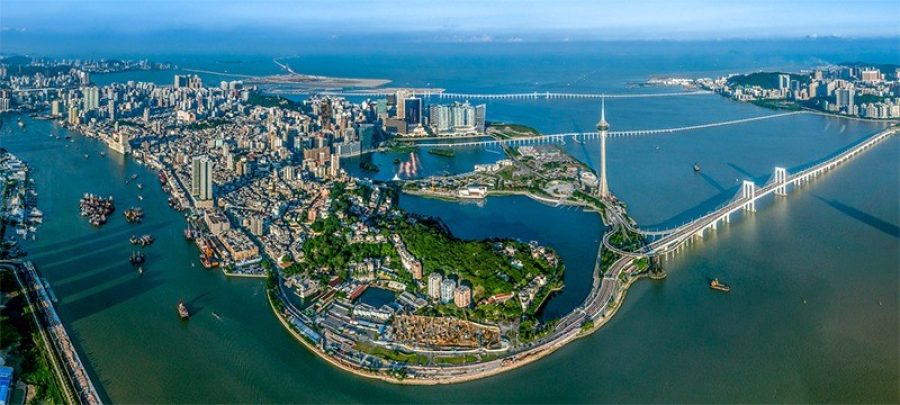Macau is expected to experience moderate economic expansion in the medium term, with surpluses in budget execution and external accounts sustained by mass tourism and non-gambling tourism, coupled with the continued monopoly on gambling in China, according to forecast by the International Monetary Fund (IMF).
The IMF mission, which visited Macau under Article 4, forecasts growth of 5.3% in 2019, remaining solid in the medium term with an average rate of 5.0 %.
The main driver of this growth will be tourism, with mass gambling and non-gambling tourism growing and more moderate VIP player growth, in line with the authorities’ diversification efforts to create more stable growth sources.
Investment is expected to remain weak, despite improving in the medium term, due in part to the imminent expiry of gambling licenses, said the document published in Washington.
More moderate growth in the gaming sector will lead to lower tax revenues, while social spending is expected to grow as a result of an aging population and social pressures, but budget surpluses (as a percentage of GDP) are expected to remain unchanged in the medium term.
The document noted that the economy returned to growth in mid-2016, with gambling and tourism revenues resuming strong growth in 2017 and early 2018 after downturns from 2014-16 in the wake of developments in China that reduced the external demand of visitors who spend large sums of money (VIP players).
The IMF mission’s statement said that Macau’s small and open economy is highly vulnerable to economic, financial and political changes in the Mainland, as any policy that affects its purchasing power abroad will have a negative effect on growth, in addition to which the introduction of gambling or below-expected growth in Mainland China will also adversely affect growth.
Worsening trade tensions between the United States and Mainland China could significantly affect the Macau SAR, including through declining tourism in the Mainland and reduced investment by the three US casino operators.
Tightening of world financial conditions with unexpected increases in interest rates by the US Federal Reserve is also considered to be a risk for Macau, as the indirect indexation of the pataca to the US dollar would cause Macau’s currency to appreciate compared to the yuan, reducing Macau’s competitiveness and leading to a drop in gaming spending per visitor, despite the fact that these revenues have so far resisted foreign exchange variations.






